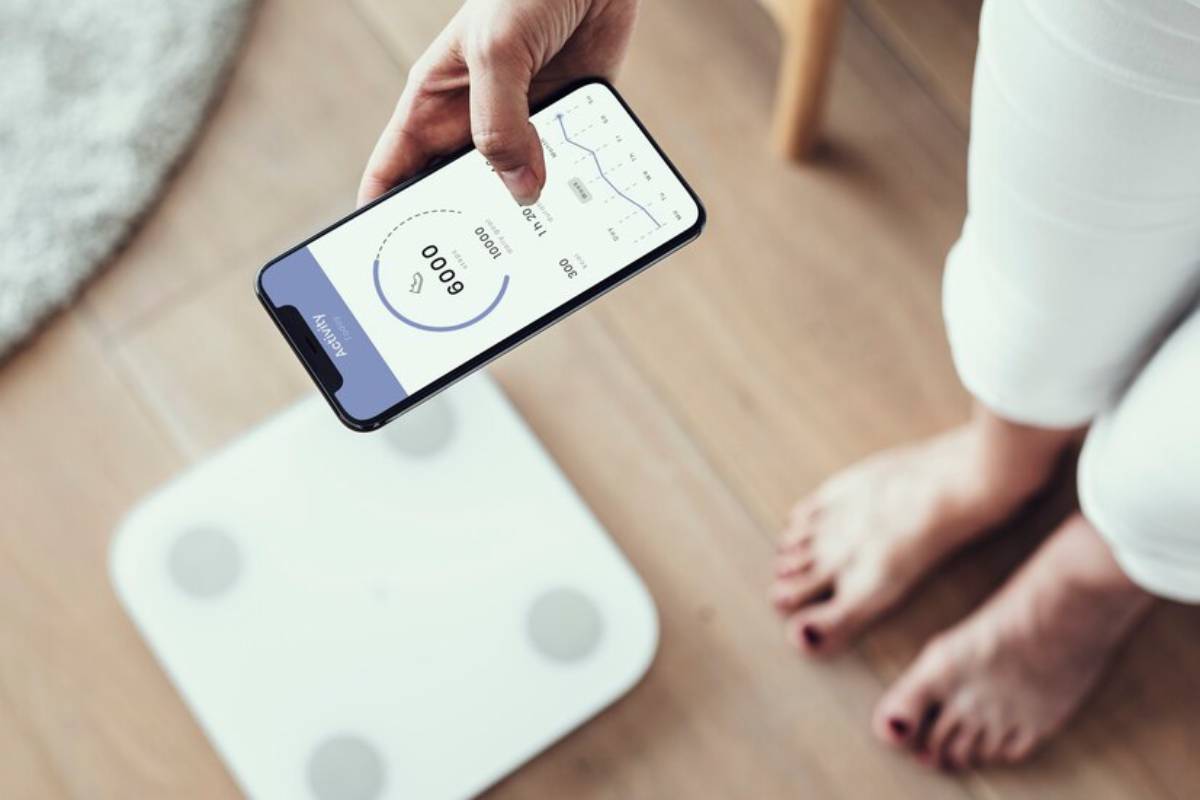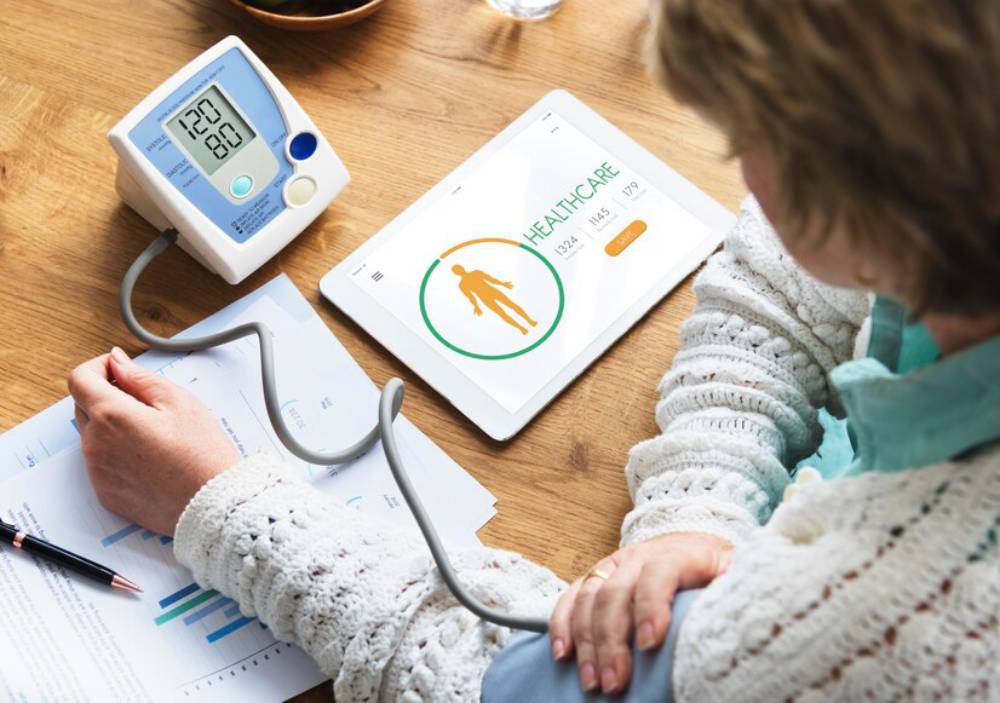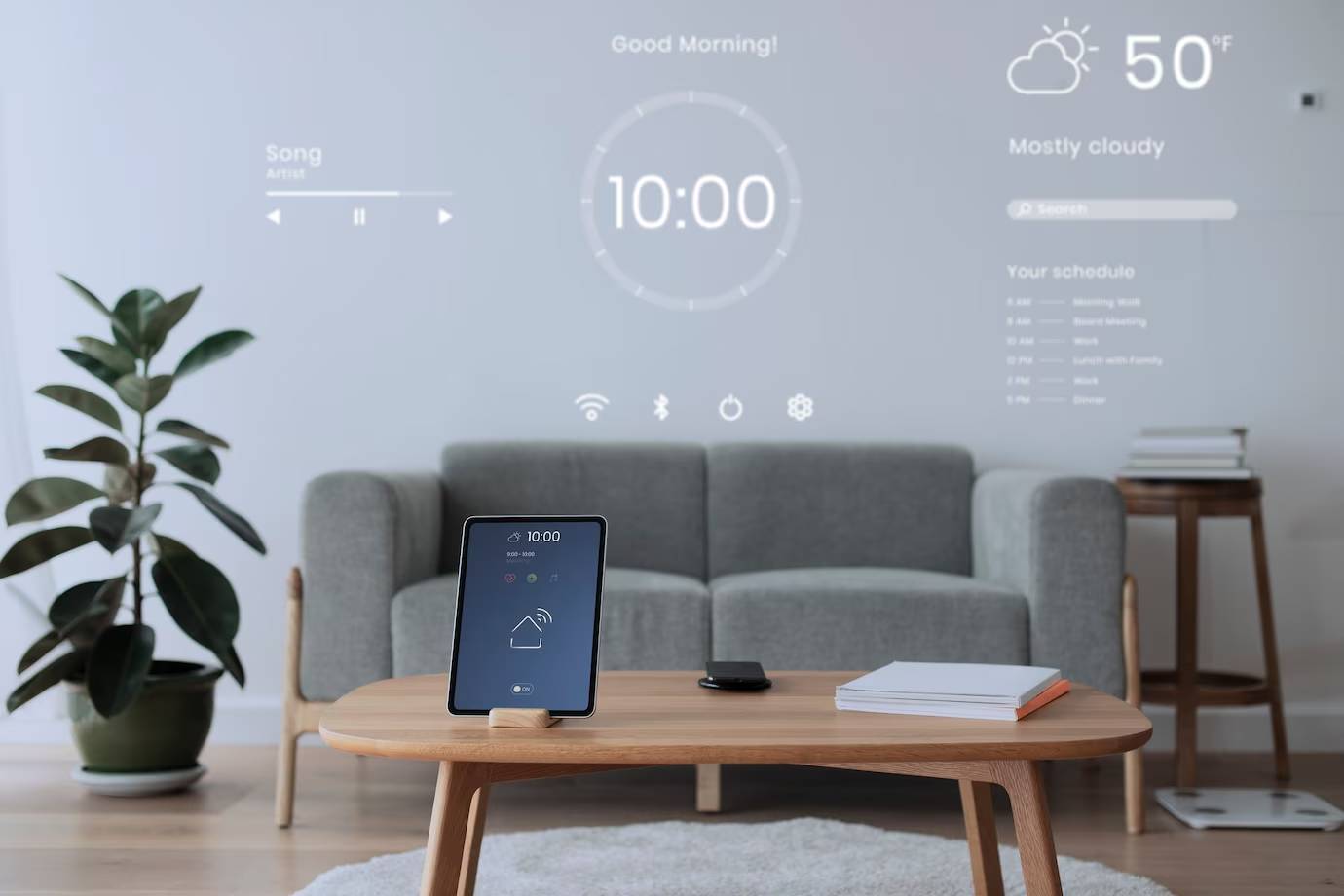
Using Smart Scales to Monitor Health Metrics at Home
Today, technology is part of our daily lives, and health and wellness are also going digital. Smart scales are a key innovation for people wanting to track their health metrics at home. This blog looks at smart scales. It covers their benefits, how they work, and why they matter for today’s health monitoring.
Key Benefits of Using Smart Scales
Smart scales are more than just your average bathroom scales. Smart scales do more than just show your weight. They provide a full range of data that helps you understand your body better. Here’s why they matter:
Comprehensive Body Composition Tracking

One big advantage of smart scales is their detailed body composition tracking. Smart scales are different from regular ones. They measure health metrics such as body fat percentage, muscle mass, bone density, and water percentage. This broader view of your body helps you understand your health better, allowing you to adjust your wellness strategies more effectively.
Real-Time Health Monitoring
Smart scales sync with health devices and apps for real-time data analysis. This connection lets you track changes in your health metrics over time, spot trends, and adjust your lifestyle. For example, if your body fat percentage rises, you may choose to change your diet or boost your exercise.
Personalised Health Insights
Smart scales collect data that gives users personalised health insights. Many of these scales have companion apps that analyse your data and offer tailored recommendations. This turns raw data into helpful insights, guiding you to make healthier choices and reach your wellness goals.
Motivation and Accountability

For many, the journey to improved health and fitness can be challenging. Smart scales can serve as a source of motivation and accountability. Checking your progress helps you celebrate wins and keeps you focused on your health goals. Seeing your progress can really motivate you and encourage you to keep making positive changes.
Additional Expert Tips & Common Mistakes to Avoid
While smart scales offer numerous benefits, they must be used correctly to maximise their potential. Here are some expert tips and common mistakes to avoid:
Best Practices for Using Smart Scales
Place your smart scale on a hard, flat surface to ensure accurate readings. Soft surfaces like carpets can skew the results. Weigh yourself at the same time each day. The morning, before eating or drinking, is best. This helps keep your measurements consistent.
Avoiding Common Misconceptions
A common misconception is that weight is the most critical health metric. Weight matters, but body composition metrics, such as body fat percentage and muscle mass, give a clearer view of your health. It’s important to look at these other metrics, not just weight.
Understanding the Limitations
While smart scales are advanced health monitoring devices, they do have limitations. Factors such as hydration levels and recent physical activity can affect readings. Consider these factors when analysing your data. Use smart scales as part of a larger health assessment strategy.
Advanced Insights and Expert Recommendations
If you want to explore smart scales further, here are some insights and tips. Maria, a 42-year-old professional, provides a great example. After a check-up showed high cholesterol, she started tracking her health metrics. She linked her smart scale to a fitness tracker and health app. This helped her track changes in body composition. She noticed less body fat and more muscle mass. Over six months, she shared her data with a nutritionist. They created a diet and exercise plan tailored to her needs. So, Maria lowered her cholesterol, kept a healthier weight, and felt more energetic.
Integrating with Other Health Devices
Smart scales work well with health devices like fitness trackers and smartwatches. This integration gives you a complete picture of your health. By merging data from these sources, you better understand your wellness. This helps you make smarter choices.
Using Data for Long-Term Health Strategies
The data collected by smart scales can be used to develop long-term health strategies. You can spot patterns by looking at trends over weeks, months, or even years. Then, you can adjust your lifestyle accordingly. This long-term perspective is invaluable for maintaining health and preventing chronic conditions.
Consulting Health Professionals
Smart scales give helpful data. But, it’s best to consult health professionals for a complete health check. Use your smart scale insights as a kick-off for chats with your doctor or nutritionist. They can give you tailored advice for your needs. If you want to explore smart scales further, here are some advanced insights and tips:
Conclusion: Using Smart Scales to Monitor Health Metrics at Home

Smart scales are a big step in personal health technology. They provide useful data to help us monitor and manage our health better. These devices track body composition in detail and provide real-time insights. This way, people can take charge of their wellness journey.
This article covered the main benefits of smart scales. They provide detailed body composition tracking, real-time health monitoring, and personalised health insights. They also motivate users with visual progress tracking.
We shared tips for effective use, like weighing yourself regularly. We stressed that weight alone isn’t the only important health measure. Know the device’s limits. Combine smart scale data with other health tools. This helps create a long-term strategy.
As we embrace technology daily, smart scales can improve our health routines. They help us make informed choices and achieve better health outcomes. Smart scales help you, whether you’re new to fitness or improving your routine. They are great tools for reaching your goals.
Why not take the first step towards a healthier you today? Consider investing in a smart scale and start tracking your health metrics at home. Your path to better health begins with just one step. With the right tools, this journey can be both enlightening and fulfilling. Smart scales are a big step in health tech. They provide a lot of data. This data can change how we track and manage our health. These devices offer detailed body composition tracking and real-time insights. This helps people take charge of their wellness journey.


